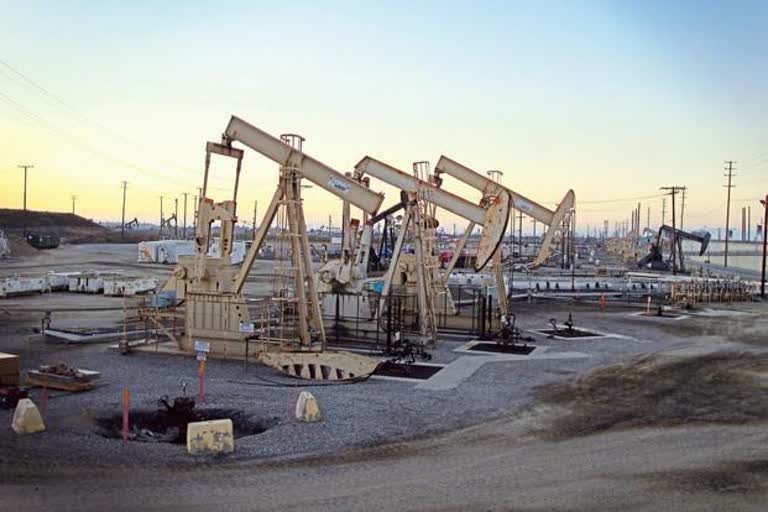Islamabad: Is Pakistan's oil and gas "migrating to the Indian side", a document authored by a Pakistani expert has asked, adding that while Pakistan has been ignoring the hydrocarbon reserves in its area bordering Rajasthan, India has been producing 1,75,000 barrels per day (BPD) from the area.
According to the Hydrocarbon Exploration Licensing Policy (HELP) document, authored by energy expert Engineer Arshad H Abbasi, the Indian state of Rajasthan has "gained prominence after the discovery of oil" by India and currently produces 1,75,000 bpd.
The basin, especially the Jaisalmer Basin has resources with a potential of 7.8 billion barrels. It says that Cairn India is planning to "invest an additional $5.4 billion" to increase production. The company plans to drill more than 450 wells over the next three years along the Pakistani border.
HELP says that the oil and gas explorations companies of Pakistan have not been active in the area close to the Indo-Pak border.
Read more:Fourth industrial revolution to bring economic and social changes
"As Pakistan's companies are not exploring and producing oil and gas in districts Sanghar, Sukkur, Ghotki, Kasur, Bahawalnagar and Rahim Yar Khan, the question arises as to whether Pakistan's oil and gas migrating to the Indian-side?' Indeed this should be of primary concern to the prime minister, Ministry of Defence and Ministry of Finance & Ministry of Petroleum," the News International reported.
It says one of the fundamental causes of the economic crisis gripping Pakistan are energy imports. "This dependence on energy import has crippled Pakistan. Meeting almost 85 per cent of the energy demand through imports weighs heavily on Pakistan's trade and current account deficit".
The document charts out a roadmap for exploration of hydrocarbons to make the country self-sufficient and set it on a new trajectory of economic growth.
The total oil resource potential is 27 billion barrels while the indigenous production is 86,032 barrels per day.
"The biggest issue in realising this potential has been a lack of commitment at the national level. As of April 2017, an area of around 361,218.72 sq km out of a total sedimentary area of 827,268 sq. km has been under exploration for oil and gas throughout the country. Yet only 27,710 sq km located in Khyber Pakhtunkhwa has been explored. This shows that since independence, only 27 per cent of the area of KPK has been explored for oil and gas.
In Balochistan alone, the total proven oil reserves are an estimated 313 million barrels and proven gas reserves are estimated at 29.67 trillion cubic feet. According to another international assessment, Balochistan has 6 billion barrels of oil in onshore/offshore and 19 trillion cubic feet gas reserves.



